Artist: Bill Evans Album: Alone
Year: 1969Duration: 43:19
A Closer Look at Bill Evans' Album Alone
Bill Evans is a legendary jazz pianist whose music has captivated listeners for decades. His album Alone is often cited as a masterpiece, showcasing his incredible talent as a solo artist. In this blog, we'll take a of the album, explore its history, and highlight the best songs and most innovative parts. Whether you're already a fan of Bill Evans or new to his music, there's something for everyone to appreciate on Alone.
Bill Evans started his career as a sideman, playing in various bands in New York City in the 1950s. He was eventually introduced to Miles Davis and played on several of his albums, including the iconic Kind of Blue. Evans' reputation as a pianist quickly grew, and he eventually formed his own trio and began recording as a leader. Alone was released in 1968 and marked a departure from his usual trio format. Instead, it featured Evans playing solo piano, which allowed him to showcase his immense talent and unique style even more.
The album Alone features a mix of original compositions and jazz standards. One of the standout tracks is Here's That Rainy Day, a melancholy ballad that highlights Evans' incredible ability to convey emotion through his playing. Another highlight is Never Let Me Go, a beautiful and tender love song that showcases Evans' technical prowess. Overall, the album is a masterclass in solo jazz piano, and it's easy to see why it has stood the test of time.
One of the most innovative parts of Alone is Evans' use of harmonies and chord progressions. He was known for his unique approach to harmony, which involved using extended chords and unusual voicings. On Alone, this is particularly evident on tracks like A Time for Love and It Could Happen to You. There's a complexity to his playing that rewards repeated listens, and it's clear that Evans put a lot of thought and care into crafting these arrangements.
While Alone is undoubtedly a masterpiece, it's not without its flaws. Some critics have noted that the album can feel a bit repetitive at times, with Evans relying on some of the same chord progressions and stylistic flourishes throughout. Additionally, some listeners may find that the album is a bit too somber at times, lacking the upbeat energy that's often associated with jazz music. However, these criticisms are minor compared to the overall beauty and elegance of the album.
In conclusion, Bill Evans' Alone is a classic example of solo jazz piano at its finest. Featuring a mix of original compositions and jazz standards, the album showcases his incredible talent and unique approach to harmony. While there are some minor flaws, overall, this is a must-listen album for any fan of jazz music. If you haven't had a chance to experience the magic of Alone for yourself, now is the perfect time to give it a spin.
Bill Evans albums
Other #Jazz albums:
SIMILAR BANDS
balls, from 1 to 5, describe similarity between the two bands
SOMETHING NEW? LISTEN TO RADIOGENRE
 Country
Country House music
House music Grime
Grime Flamenco
Flamenco Electroclash
Electroclash Spanish trap
Spanish trap Experimental music
Experimental music Drum and Bass
Drum and Bass Electro pop
Electro pop Hang Drum
Hang Drum
SUGGESTED PLAYLISTS

.jpg)
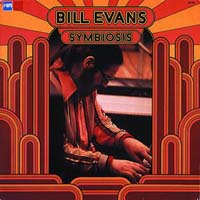
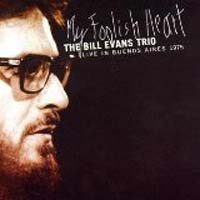
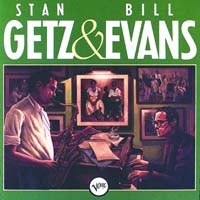
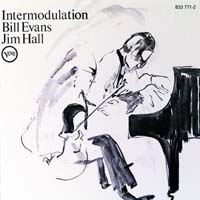
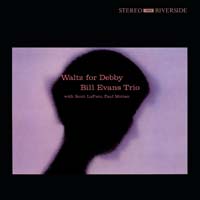
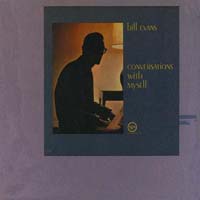
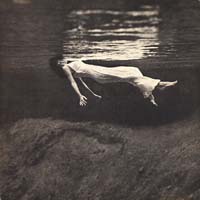
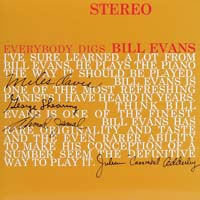
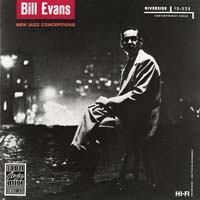
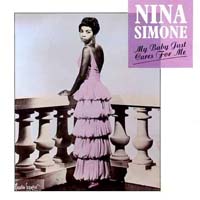




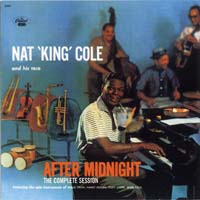
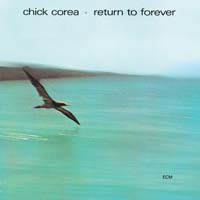
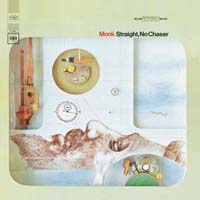
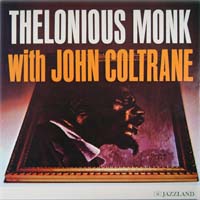
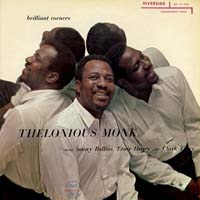

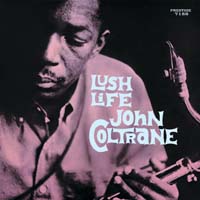
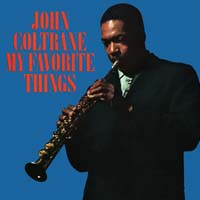
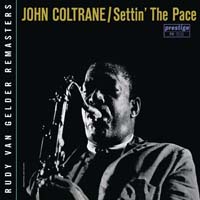
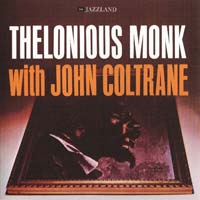
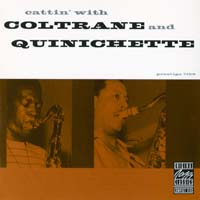
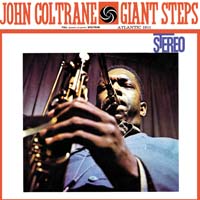
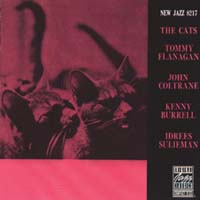

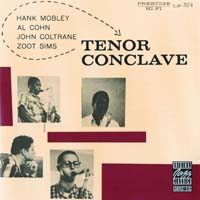

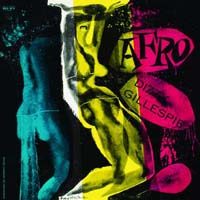
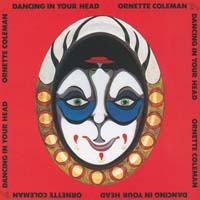
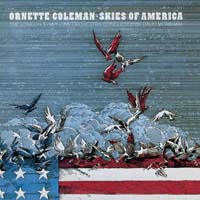

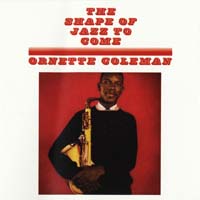
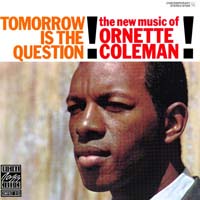

 The sad and nostalgic rock
The sad and nostalgic rock Dance with the 2step garage
Dance with the 2step garage The very best of ska
The very best of ska The very best of post punk
The very best of post punk Family Love by Darcy Padilla
Family Love by Darcy Padilla The perverted North
The perverted North A selection of the best black music
A selection of the best black music The very best of rockabilly
The very best of rockabilly The rules of Kingston, everybody against Babylon
The rules of Kingston, everybody against Babylon The region of the radical chic
The region of the radical chic